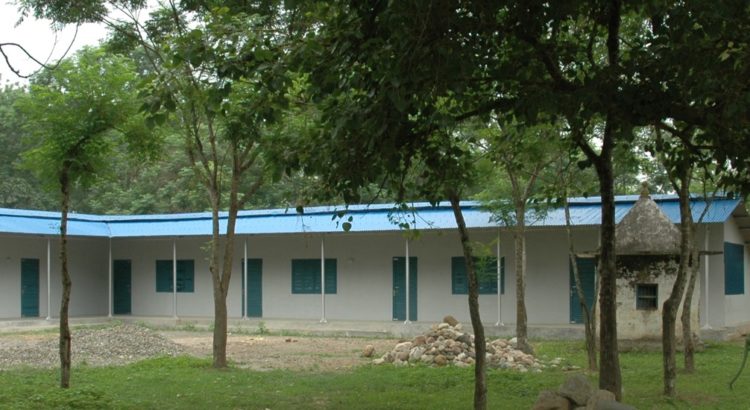In rural areas, 50% of women still cannot read or write. Starting in 2004, however, women from 15 different villages are being taught in a place called Shahid Danda by other women who are able to read and write.
These women are being paid by Unicef, but there was no space for them to teach in. By building a school for illiterate women Tamsarya realized a very special project. Two Technical University Delft architects did the school’s design and were supervising the construction.
The provisionary opening of the school took place in 2010. The interest was overwhelming. Girls and women from far and wide came to register. And that while the school had not officially opened its doors yet. Hundreds of women are now learning to read and write. In years to come many more suppressed and illiterate women will be educated here. In 2012, the school was acclaimed the best school for women in all of Nepal. Lately, the school has been providing Health Care information as well.
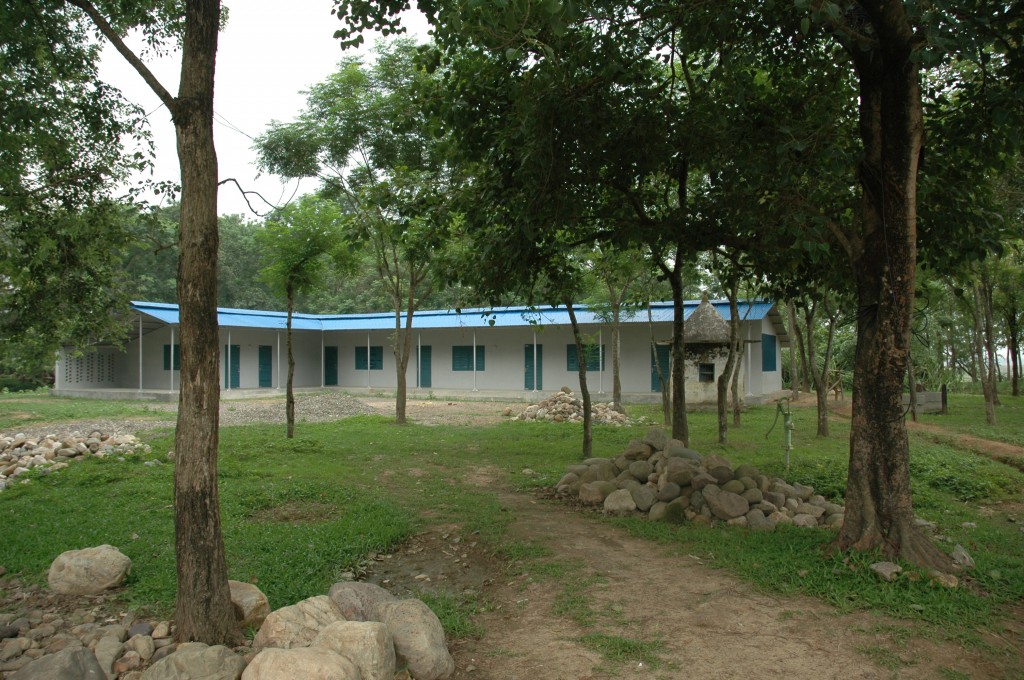
The school for illiterate women in Danda
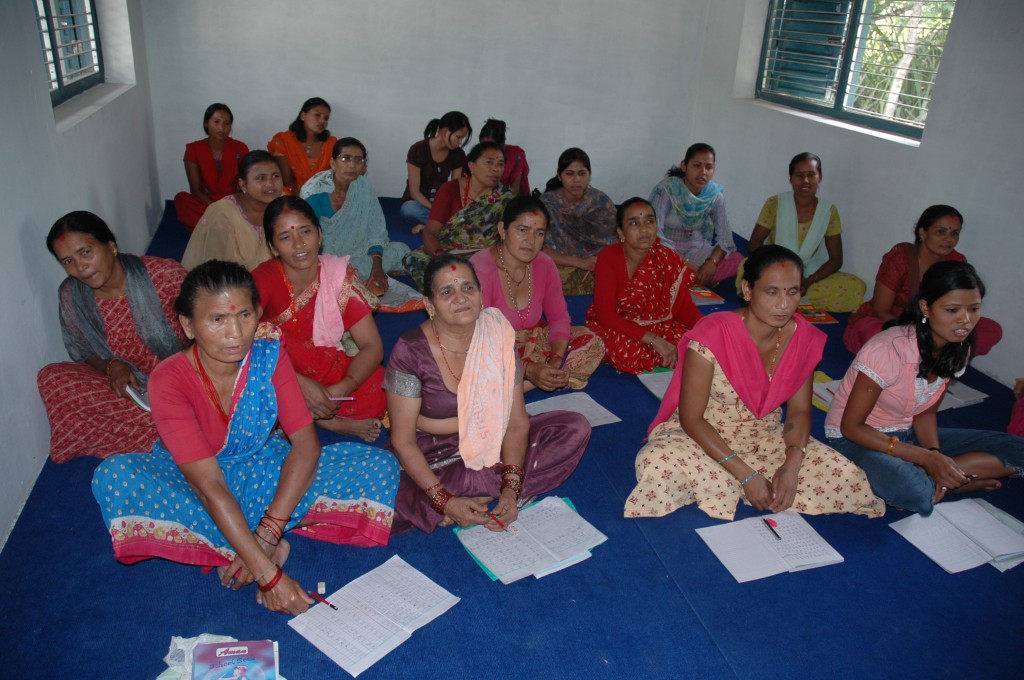 The women are taught
The women are taught
Illiterate women giving their comments
“I am grateful to the donors that I can now read and write. It always felt left behind as I could not participate in what was going on. Because I was feeling inferior I never participated in any meetings,. Now, nobody will be able to suppress me anymore, because now I’ll be fully participating. I am more than happy,” Anjo Mahoto, 19 years old.
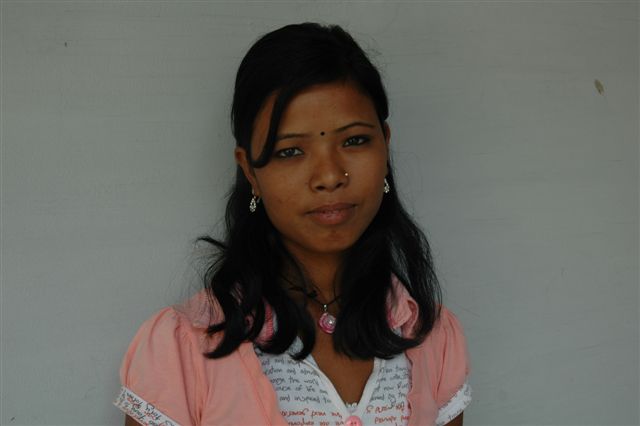 Anju Mahoto 19 years old
Anju Mahoto 19 years old
“I had many problems. For instance, I could not take phone numbers on the phone, or a name. I just couldn’t write them down. I felt inferior. If you cannot read or write, you cannot become a member of any organization either. I also wasn’t able to help my children with their homework. They are reading and writing of course. Now I am very happy.” Uma Bharat, 37 years old.
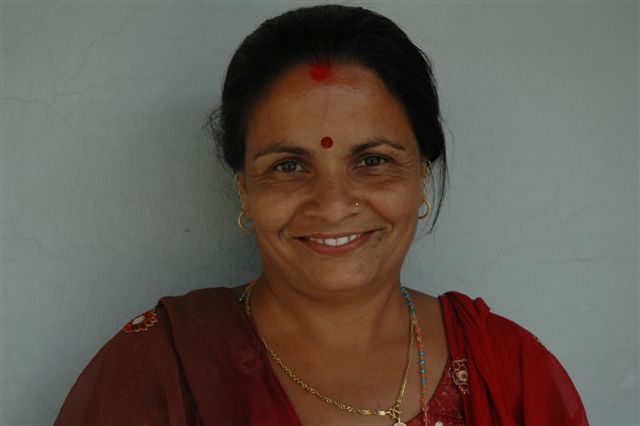
Uma Bharat 37 years old
“I am so happy. I couldn’t write my name, nor recognize numbers. Instead of a signature, I had to leave a fingerprint. Now I am feeling more equal. I am so proud that I can write my name. Other women should be coming here too,” Norboda Batterai, 65 years old.
